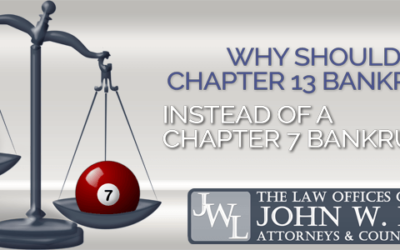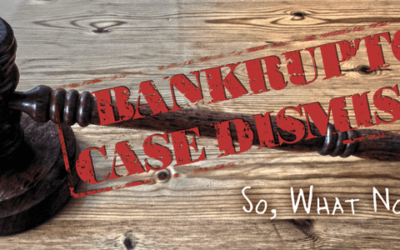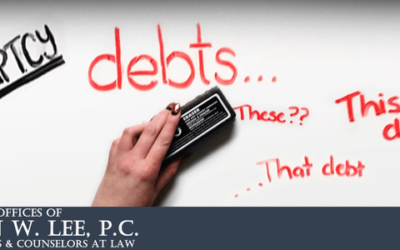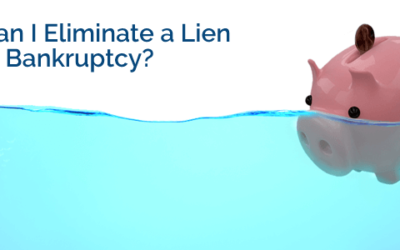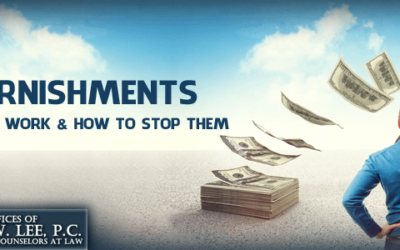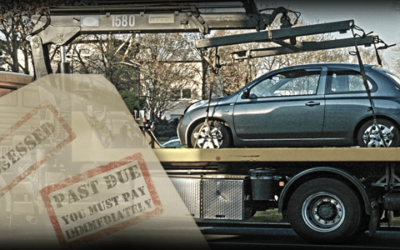Virginia Bankruptcy Law Posts
Blog Categories

Student Loans in Bankruptcy
By John Lee By now most people know that the vast majority of student loans are not dischargeable in bankruptcy. In order to have a student loan discharged in bankruptcy, a debtor must meet the very high standard of “undue hardship.” Undue hardship is achieved if the...
Why File a Chapter 13 Bankruptcy?
Why a Chapter 13 Bankruptcy may be better than a Chapter 7 Bankruptcy By John Lee Most of the times when I meet with a potential client for a free consultation they tell me that they want to file a Chapter 7 Bankruptcy. Typically, they have some vague concept...
Prior Bankruptcies and the Automatic Stay
By John Lee Many debtors have previously filed a bankruptcy and want to know how that will affect them in filing another bankruptcy. A debtor may not receive a discharge in a present Chapter 7 Bankruptcy if they have previously received a Chapter 7 discharge in a case...
Which Debts Can Be Discharged in Bankruptcy?
By John Lee A List of non-dischargeable debts: Of course the number one question I hear from new bankruptcy clients is: “can bankruptcy wipe out my debts?” The answer is: It depends on what kind of debts you have. Here is a partial list of the most common types of...
What Does a Chapter 7 Bankruptcy Trustee Do?
By John Lee I have seen more than one debtor, represented by counsel and Pro Se, which was confused by the Trustee’s role in bankruptcy. The Bankruptcy Trustee is assigned by the bankruptcy Court to represent the best interest of the creditors. The Trustee...
Cross Collateralization Issues and Credit Unions
By John Lee Credit Unions try to market themselves as the home town alternative to big national banks. Oftentimes they will claim that the money you deposit in the home town credit union will be used right there in the community where you live. This makes you feel...
Can I Eliminate a Lien in Bankruptcy?
By John Lee Generally speaking, liens are not dischargeable in bankruptcy. There are several different types of liens, including voluntary liens (mortgage and car notes), judgment liens (from when a creditor sues you), and statutory liens (real estate taxes and...
Dealing with Tax Debt & Tax Refunds in Bankruptcy
By John Lee Tax debts are generally not dischargeable in bankruptcy. Tax debts that are almost never discharged include: (1) tax debt from unfiled returns, (2) tax debt from employers 941 withholdings and (3) certain tax penalties. Tax debts that may be dischargeable...
Garnishments: How They Work and How to Stop Them
By John Lee Virginia has some of the most pro-creditor laws in the nation. In Virginia, your creditor may garnish your paycheck, garnish your bank account, place liens on your property and serve you with a Summons to Answer Interrogatories. Of these creditor remedies,...
Deficiency Balances in Bankruptcy
By John Lee One of the primary reasons people file for bankruptcy is that a creditor has obtained a judgment against them for a deficiency balance. A deficiency balance occurs when the mortgage lender (or other secured creditor) forecloses on the debtor’s house and...


